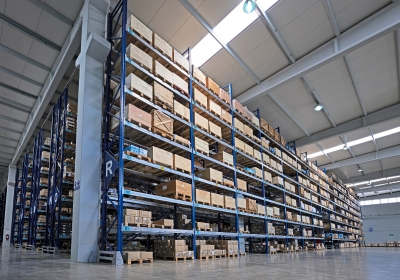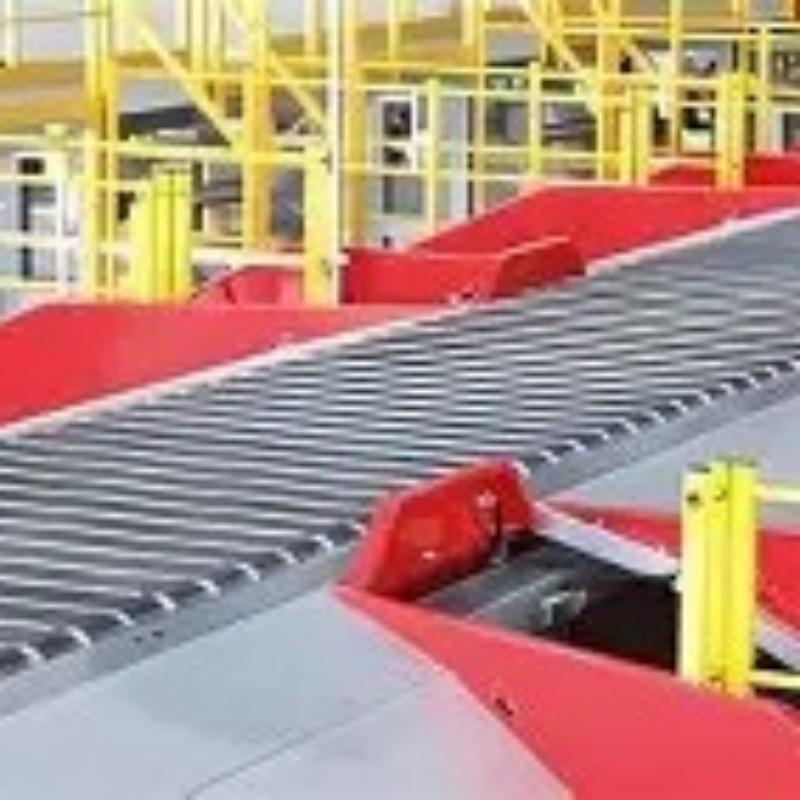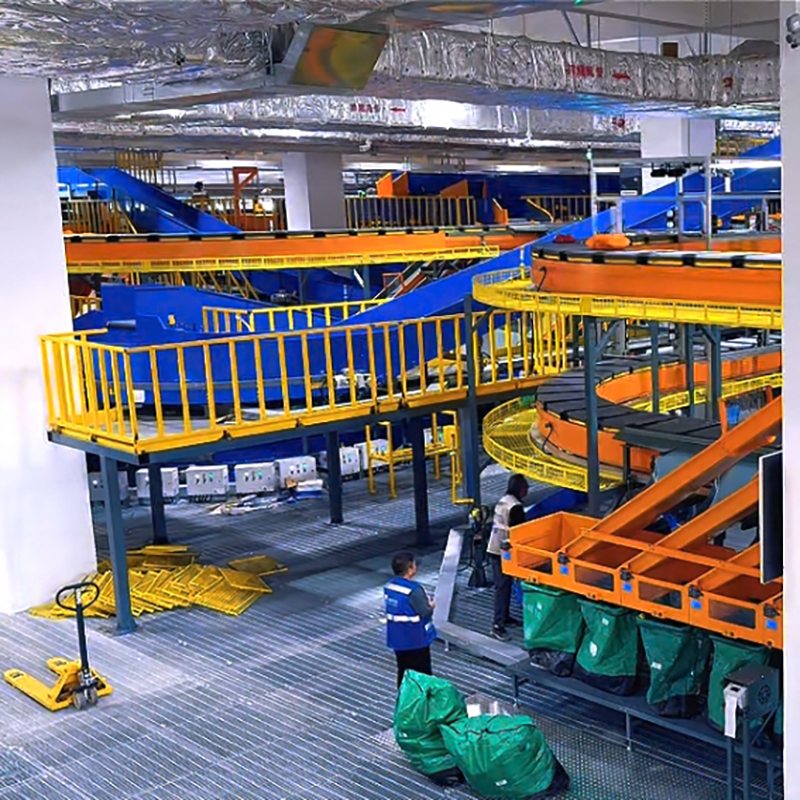As global supply chains continue to evolve, the logistics and warehousing industry is experiencing an unprecedented wave of digital transformation. From traditional manual operations to intelligent and data-driven automation systems, digitalization has become the key to improving efficiency, reducing costs, and enhancing competitiveness.
In the past, warehouse operations often suffered from low visibility, inefficient management, and limited accuracy in inbound and outbound handling. Today, with the adoption of **automated sorting systems**, **intelligent conveyor lines**, **DWS (Dimensioning, Weighing, Scanning) systems**, and **WMS (Warehouse Management Systems)**, companies can achieve real-time monitoring, precise tracking, and efficient coordination — making the concept of the “smart warehouse” a reality.
Digitalization not only transforms how work is done but also revolutionizes how decisions are made. By analyzing logistics data, companies can better forecast order trends, optimize resource allocation, and proactively respond to market fluctuations. This data-driven approach turns warehousing from a cost center into a strategic advantage.
Among the leaders in this transformation, **TRUELISORT** provides advanced automated sorting and conveying solutions to help global clients achieve intelligent warehouse upgrades. From electric wheel sorters to spiral chutes, and from dimensioning and weighing systems to full automatic sorting lines — digital technology is making logistics faster, smarter, and more accurate.
Looking ahead, as artificial intelligence, IoT, and robotics technologies continue to integrate, the future of warehousing will enter a new era of intelligent collaboration. This is not just a technological evolution — it is the foundation for sustainable and high-quality growth across the logistics industry.




